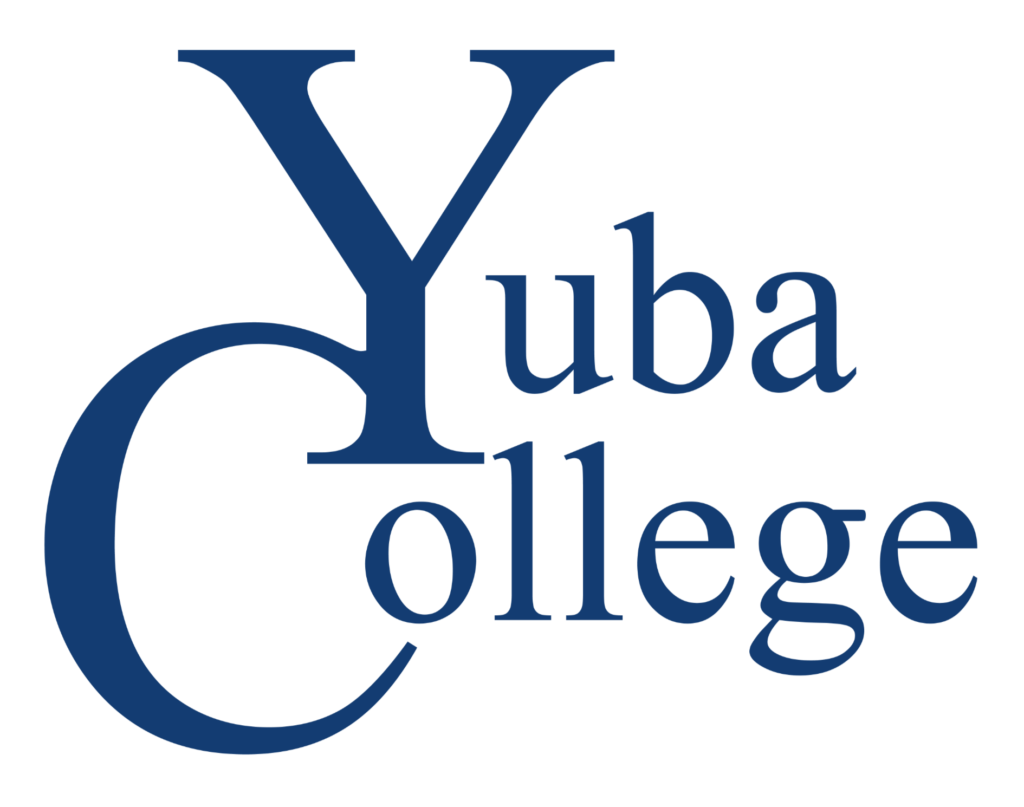At the 9/29/2022 YCAS meeting, the senate approved a Pilot New Preliminary Program Approval Process at Yuba College. It is required for all new programs starting Oct. 15, 2022. The form can be found on the YCAS website here.
The board will not approve degrees or certificates containing courses that are out of compliance with mandated review cycles. Please check to make sure all courses on your degree/certificate are current or have launched revisions before launching degree/certificate revisions.
Departments requesting approval for a new degrees must present evidence that all existing curriculum is current (or launched for review) in the mandated review cycle and entered accurately into eLumen. Note: Emergency exceptions may be made in the event that curriculum approval timelines make compliance with state or regulatory agency mandates unlikely. In the event of an emergency exception, a signed “curriculum update plan” with agreed-upon completion dates must be submitted.
For a program to be recognized by the U.S. Department of Education, the Accrediting Commission for Community and Junior Colleges (ACCJC) must approve the program as a “substantive change.” Various federal programs (e.g., financial aid, veteran’s benefits, etc.) require that the U.S. Department of Education have documentation that programs have been approved through the state legal and regional accreditation process. To develop a new program, colleges must take the following steps:
- Seek initial approval through the CCC Curriculum Inventory for the new program award(s), such as an Associate Degree for Transfer.
- Once a program is approved by the California Community College Chancellor’s Office (CCCCO), colleges must follow the steps outlined in the ACCJC Manual. The first step includes formal communication with the ACCJC (email communication is sufficient). ACCJC staff will review the proposed change and determine whether it is substantive.
- Upon approval from the Chancellor’s Office and the ACCJC, colleges can begin to award the degrees without the loss of state apportionment or federal support.
Degree and certificate programs may have the following program goals:
- Associate Degree for Transfer Degrees
- Career Technical Education Degrees
- Local Associate Degrees
A degree or certificate with a program goal of CTE prepares students for employment immediately upon completing the program and/or upgrades employment skills. A degree or certificate with a program goal of transfer prepares students to continue study in the same or similar area at a baccalaureate-granting institution. A degree or certificate with a program goal of “local” is used to develop degree majors or areas of emphasis designed to meet community needs and reflect the educational philosophy of the faculty in a discipline or disciplines. A degree or certificate may have more than one goal.
